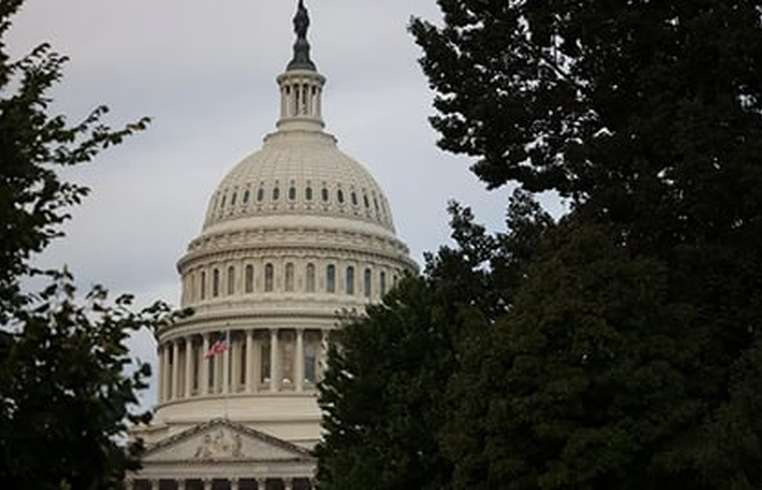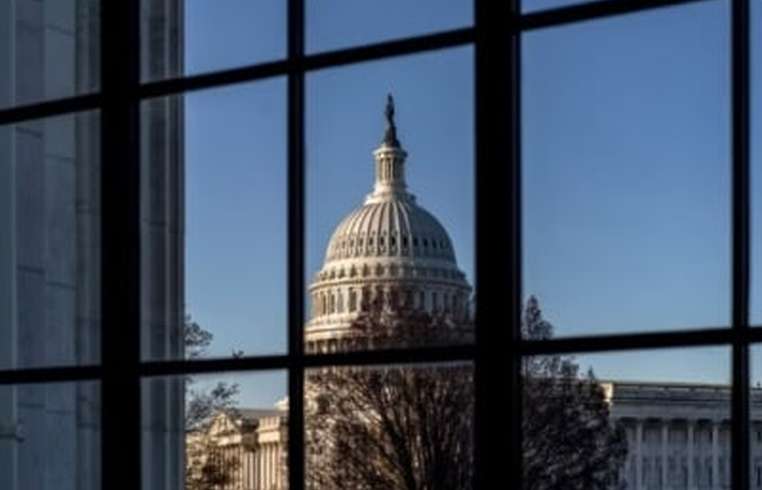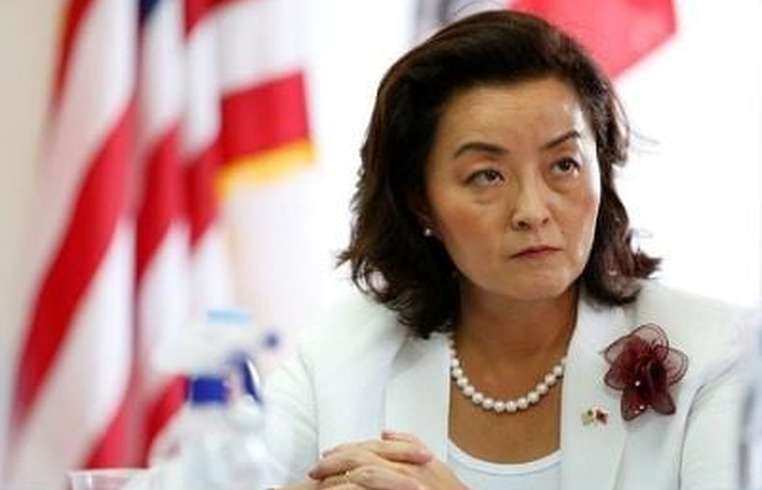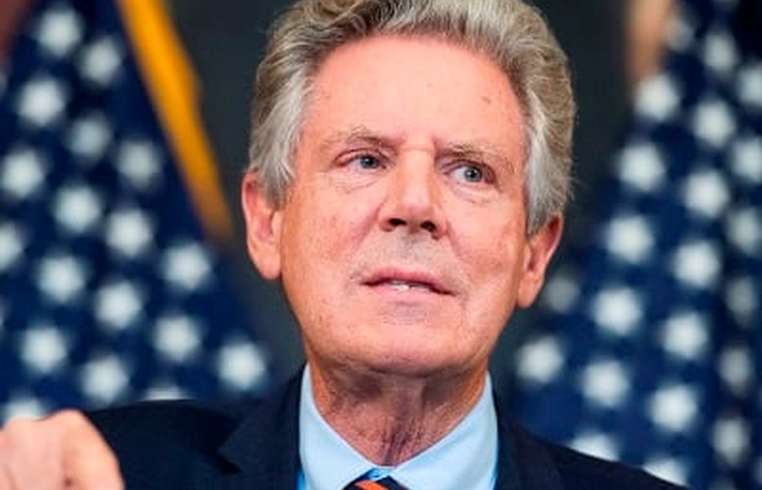
News - Ocampo: US may be considered complicit in genocide in Karabakh
Business Strategy
Ocampo: US may be considered complicit in genocide in Karabakh

You cannot have real negotiations between the genocidaire and the genocidal; for that the genocide must stop first. This was announced by Luis Moreno Ocampo, the first prosecutor of the International Criminal Court, during the hearings called on the Artsakh (Nagorno-Karabakh) issue by the Tom Lantos Human Rights Commission of the US Congress. I was contacted in July to assess the situation, and it became clear to me that genocide is currently taking place [in Nagorno-Karabakh by Azerbaijan]. Usually people think that genocide implies many human deaths, murders, gas chambers, but there are different ways of its implementation. One option does not require victims, but creates conditions that make people suffer. So the crime is creating these conditions. And the closing of the Lachin corridor, which is a road to life for the people of Nagorno-Karabakh, is just such a condition. (…). Thus, the objective component of genocide was clearly present. The most difficult was to justify the intentions. Can we say that President Aliyev or another person in Azerbaijan has genocidal intentions? And I decided to follow all sorts of quotes. It is clear that the facts speak for themselves (…). (…) Thus, there is genocide being carried out and another genocide is expected [in Nagorno-Karabakh]. It turns out that the US must stop the first and prevent the second. (…). However, you cannot have real negotiations between the genocidaire and the genocidal; for that, the genocide must stop first. You cannot engage in negotiations where President Aliyev uses the genocide as a means of negotiations. If you go to it, knowing that President Aliyev is using the genocide and trying to deny it, then the US is helping to deny the genocide and can be considered an accomplice. So, the problem is not only the actions of President Aliyev. Also, it is necessary to understand what is being done here in Washington. And in this regard, I believe your role is great in terms of ending denial, recognizing the genocide, and saving the lives of the 120,000 people living in Nagorno-Karabakh, Ocampo said, in particular.






